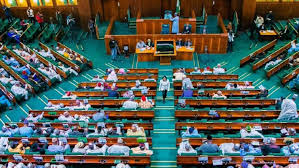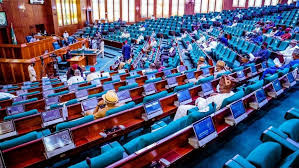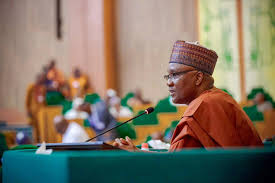In a pivotal development for regional governance in Nigeria, a bill seeking the establishment of Ibadan State has successfully passed its second reading in the House of Representatives on Tuesday. The constitutional amendment, championed by Akeem Adeyemi (APC, Oyo) along with six co-sponsors, proposes a significant restructuring of Oyo State. If enacted, the bill would create a new Oyo State with Oyo town designated as its capital, while the remaining territory would be renamed Ibadan State, with its capital in Ibadan.
During the proceedings, Speaker Tajudeen Abass referred the bill to the committee on constitutional review without initiating a debate among lawmakers, describing it as straightforward legislation that warranted no further discussion. This procedural move suggests a level of consensus on the bill’s clarity and necessity.

Historically, Oyo State was created on February 3, 1976, under the military regime of General Murtala Mohammed, as part of a broader reorganization of the former Western State. The state underwent further division in August 1991 when Osun State was established from Oyo State by the regime of Ibrahim Babangida. These historical contexts underscore the ongoing conversations around state creation in Nigeria, particularly in the southwest region.
Despite the current momentum, it is notable that previous attempts to form Ibadan and Oke Ogun States from the existing Oyo State have faced significant hurdles and ultimately failed. However, recent discussions have reignited interest in this issue, as evidenced by the ongoing constitutional review that includes a separate bill aimed at the creation of Oke-Ogun State, sponsored by Oluwole Oke (PDP, Osun).

The advancement of the Ibadan State bill reflects a growing demand for more localized governance to address the unique needs of different regions within Oyo State. Proponents argue that the establishment of Ibadan State could enhance administrative efficiency and promote regional development, while critics may question the implications for resource allocation and governance structures.
As the bill moves forward to the committee stage, it will be subject to further scrutiny and potential amendments before it can be voted on again in the House. The ongoing dialogue surrounding this legislation highlights the complexities of state creation in Nigeria and the aspirations of communities seeking greater autonomy and representation in governance.

Follow us on our socials @empfricfmradio for more updates.

